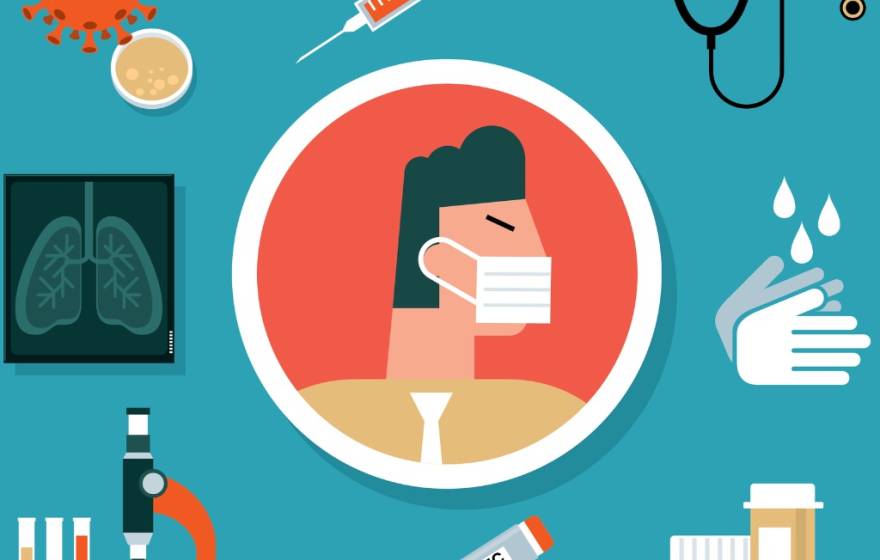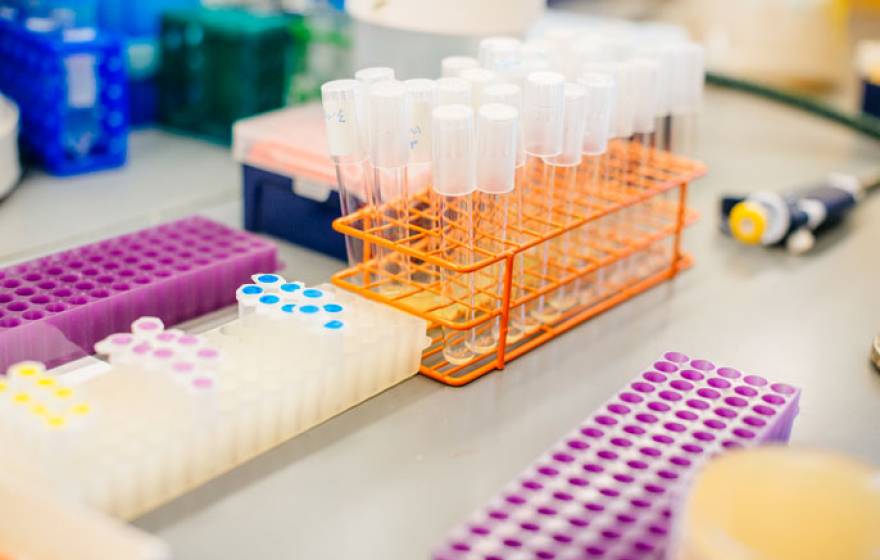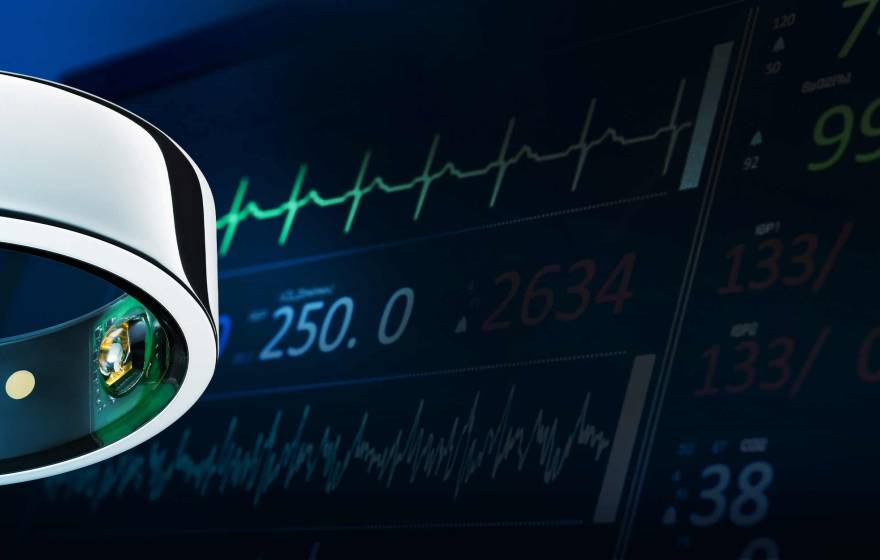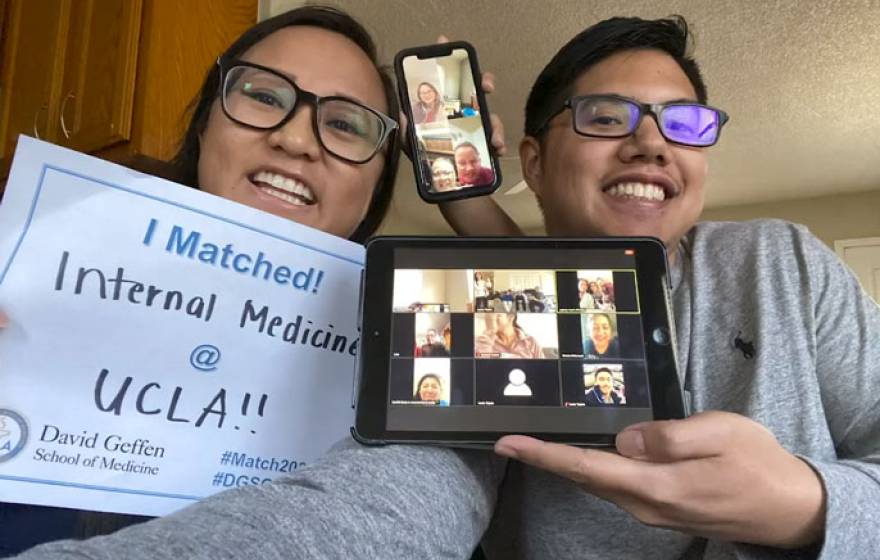A heatlh care team has volunteered to provide urgently needed support for patients in the NewYork-Presbyterian (NYP) hospital system.
UCSF health care workers to serve in New York City
‘Liquid gold’: UC Berkeley lab makes free hand sanitizer for the needy
A biochemistry lab pivots to hand sanitizers for people experiencing homelessness, jail populations and others among society's most vulnerable.
UC Riverside theater employees sew face masks for their colleagues
The goal is to make at least 750 masks to be provided for free to essential UC Riverside employees.
How important is speech in transmitting coronavirus?
Asymptomatic individuals could transmit infection via normal speech, underscoring the need for social distancing.
Clinical training on pause, UC med students find ways to be of service
Students are stepping up wherever they can to provide support during this health crisis.
A healthy circadian rhythm may keep you sane and increase resilience to fight COVID-19
Beyond sanitizing and social distancing, your circadian rhythm is another powerful protective resource.
Federal research is the key to solving the COVID-19 crisis
Now is the time to invest even more in it, write UC President Janet Napolitano and UC Health Executive Vice President Dr. Carrie L. Byington in a new op-ed.
UC launches grant program to spur urgently needed COVID-19 research
To accelerate breakthroughs, UC will provide $2 million in seed funding to scientists across the state combating COVID-19.
Creating an early alert system for COVID-19
Researchers have combined the power of wearable device and big data analytics to track spread and early signs of infection — including among healthcare workers.
Study: Aggressive lockdowns need to last more than six weeks to contain COVID-19
Are you wondering how long COVID-restrictions have to last in order to curtail the pandemic? Three researchers crunch the numbers.
A moment of celebration as hundreds of new UC doctors join a workforce that needs them now more than ever
Coronavirus couldn't stop Match Day — and now new UC doctors are coming to stop it.
Bend it like the Bay Area: Doctors see flatter curve after 2 weeks of social isolation
The number of critically ill patients on site has not surged, said Jahan Fahimi, medical director of the emergency department at UC San Francisco's Parnassus campus. “Something is working.”











